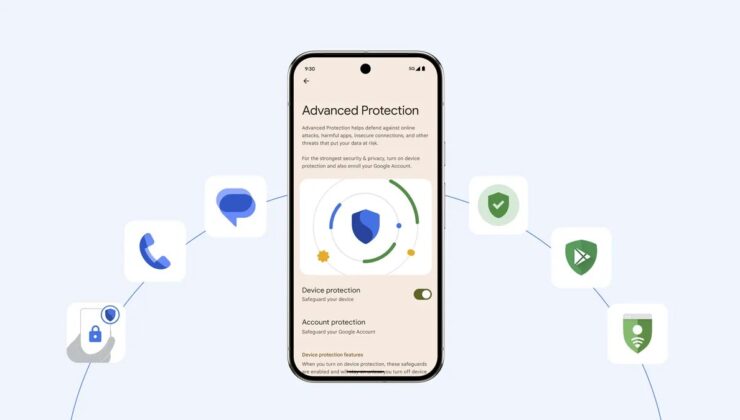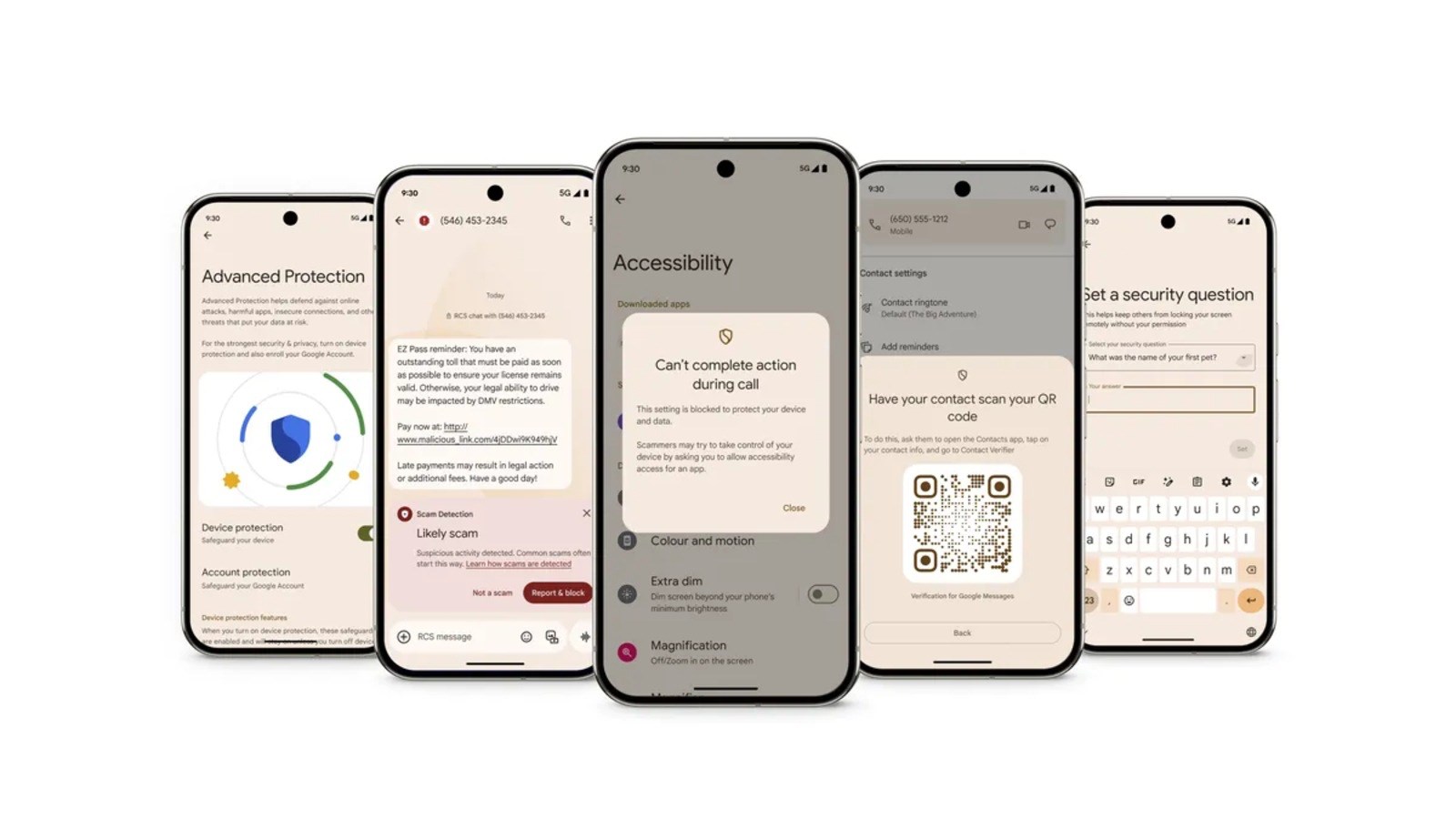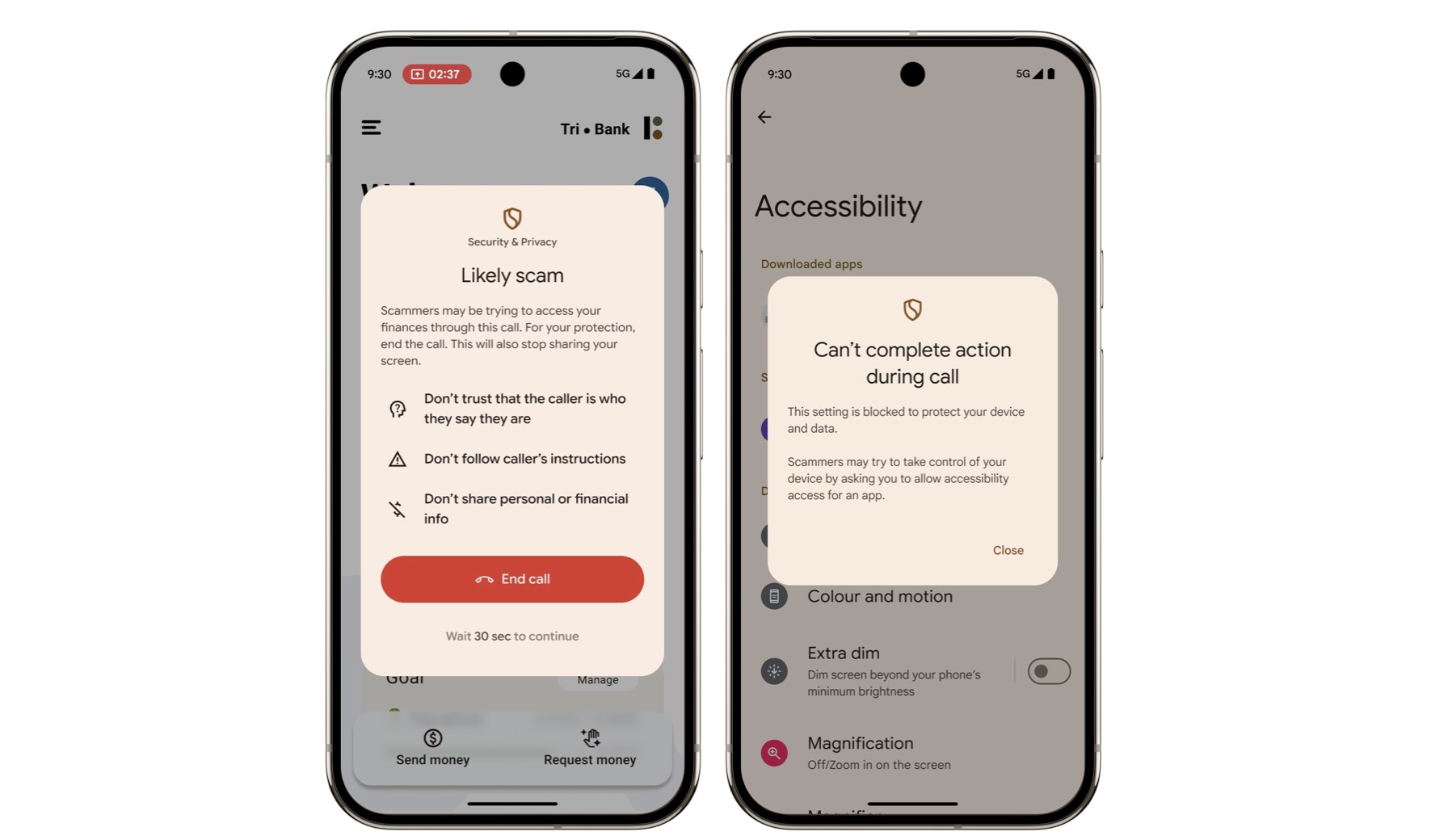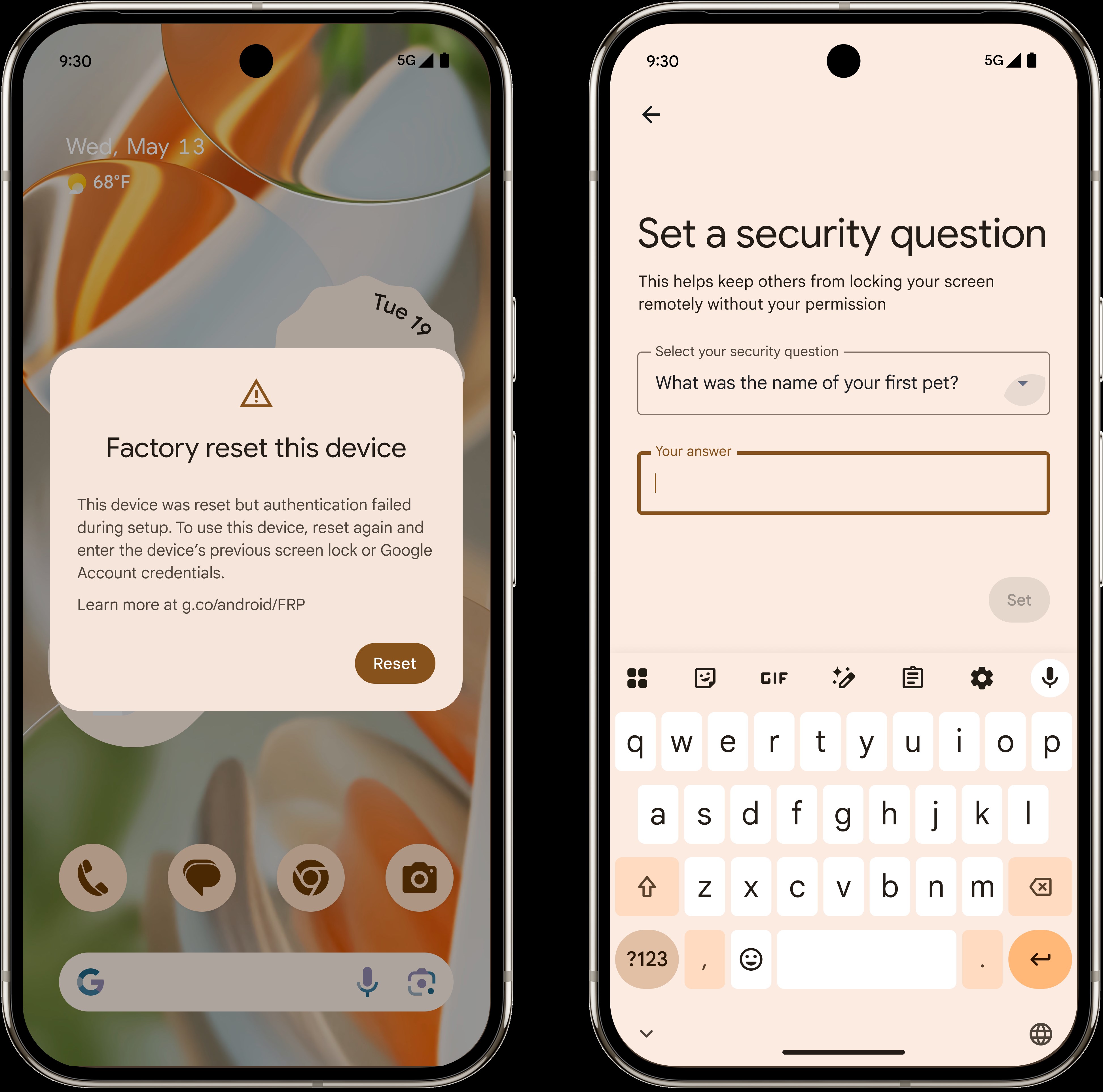

Google has unveiled a suite of new security and privacy enhancements during the Android Show event preceding Google I/O. These updates encompass protections for calls, screen sharing, messaging, device access, and system-level permissions. Google’s objective with these improvements is to shield users from fraudulent activities, safeguard information if a device is stolen or compromised, and bolster device-level security against various attacks.

Phone scams often involve tactics like urging users to click unsafe links or download dubious apps. To counter these, Google is implementing blocks on certain actions and issuing scam alerts when users initiate calls to numbers not in their contact list. With Android 16, actions such as downloading apps from unverified sources like web browsers, messaging apps, or any source not authenticated by Google, and granting app accessibility will be restricted. Additionally, disabling Google Play Protect, which searches for malicious apps on the device, will be prohibited. Screen sharing protection is enhanced by prompting users to cease sharing after a call concludes. Google is also piloting a new warning screen with select banks to prevent fraud during screen sharing. When users with Android 11 or newer access a partner bank’s app while screen sharing with an unknown contact, a warning screen will appear, offering a quick option to end the screen sharing. Google is testing this protection with banking apps in the UK.

Google Messages is stepping up its fraud detection capabilities. The app will leverage on-device artificial intelligence to alert users about potential fraudulent messages based on language patterns. Google notes that a broader range of fraud types can now be identified. In addition, verification keys have been integrated into the Google Contacts app, aiding users in confirming whether they are truly communicating with a known contact. Verification is achieved through QR code scanning or number matching. Google mentions that if an attacker attempts a SIM Swapping attack and messages the user from a new device, the Google Contacts app will flag the verification status as unverified. This feature will roll out later this summer for devices with Android 10 and newer.

Earlier this year, Google rolled out Identity Check protection for Pixel and Samsung devices. This feature mandates biometric authentication for altering critical settings like device PIN or biometric information, disabling theft protection, and accessing passwords when the individual is not in a trusted location. Google plans to extend this to other manufacturers with Android 16. Additionally, Google will enhance factory reset protection by requiring the previous lock pattern/PIN or Google account credentials, and will introduce a security question to thwart unauthorized remote device locking.
The Find My Device app is evolving into Find Hub, now supporting a wider array of devices and Bluetooth tags. For devices with satellite connectivity, Find Hub will ensure users stay connected even when conventional mobile networks are out of reach. Mirroring iOS features, Android will allow users to share the location of a Bluetooth tag with airlines to help locate lost luggage.
OTOMOBİL
2 gün önceSİGORTA
2 gün önceSİGORTA
2 gün önceSİGORTA
3 gün önceSİGORTA
3 gün önceBİLGİ
4 gün önceBİLGİ
4 gün önceSİGORTA
4 gün önceSİGORTA
5 gün önceSİGORTA
5 gün önce 1
DJI Mini 5: A Leap Forward in Drone Technology
20628 kez okundu
1
DJI Mini 5: A Leap Forward in Drone Technology
20628 kez okundu
 2
xAI’s Grok Chatbot Introduces Memory Feature to Rival ChatGPT and Google Gemini
14592 kez okundu
2
xAI’s Grok Chatbot Introduces Memory Feature to Rival ChatGPT and Google Gemini
14592 kez okundu
 3
7 Essential Foods for Optimal Brain Health
13287 kez okundu
3
7 Essential Foods for Optimal Brain Health
13287 kez okundu
 4
Elon Musk’s Father: “Admiring Putin is Only Natural”
13121 kez okundu
4
Elon Musk’s Father: “Admiring Putin is Only Natural”
13121 kez okundu
 5
Minnesota’s Proposed Lifeline Auto Insurance Program
11026 kez okundu
5
Minnesota’s Proposed Lifeline Auto Insurance Program
11026 kez okundu
Sigorta Güncel Sigorta Şikayet Güvence Haber Hasar Onarım Insurance News Ajans Sigorta Sigorta Kampanya Sigorta Ajansı Sigorta Sondakika Insurance News